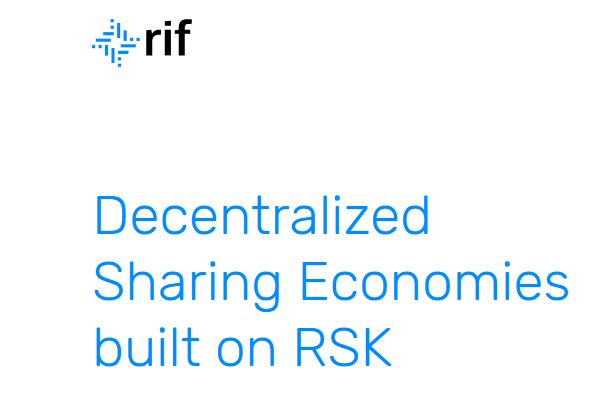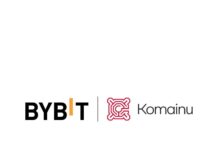
It’s hard to believe that it was only a year ago RIF launched. RSK Infrastructure Framework Open Standard (RIF OS), an array of decentralized protocols for dApp creation, have been refined and augmented this year within RSK’s ever growing tech stack. The smart contract network, built around Bitcoin, came good in 2019, rewarding those who placed their faith in Diego Zaldívar and his team.
Although it would be premature to hail RSK as an unbridled success – there’s still work to be done and projects to onboard – there are signs that its Bitcoin smart contract platform is poised to take off in 2020, now that its nuts and bolts have been tightened, and a readymade user base is in place. This latter provision is partly thanks to the acquisition of leading Hispanic social network Taringa this year, granting RSK the perfect audience for exposing to open finance. Citizens of Latin American countries need no introduction to the perils of trusting the traditional financial system, and many will be eager to try defi alternatives which grant them full control over their funds, with guaranteed and universal access built in.
Building a better smart contract platform, piece by piece
While the takeover of Taringa was RSK’s most headline-grabbing initiative this year (the deal itself was brokered by parent company IOV Labs), the best work arguably took place behind the scenes, in building out RIF’s technology. RSK has long recognized that for its smart contract network to take off, it needs to be easy for developers to build upon it, aided by tools, compilers, and libraries that can streamline the process. This year, RIF gained a trifecta of key components that are likely to form cornerstones in securing adoption in the months to come.
RIF Name Service introduces Aliases, making the infrastructure more user-friendly and enhancing UX. The service integrates into other major RIF products, including its payments system. Speaking of payments, this year RIF Lumino Network also launched, introducing payment channels for every token issued on RSK. Somewhat akin to Lightning Network, the solution enables funds to be sent at negligible cost, and is scalable to match growing demand. Finally, RIF Storage was launched, enabling users to store their own data – or that of others – in a decentralized fashion, aided by a partnership with Swarm.
Money on Chain makes it rain stablecoins
The final and crowning achievement of the year for RSK was the addition of stablecoins to its ecosystem, a feature that had been sorely lacking up until then. Thanks to Money on Chain, which introduced an array of collateralized stablecoins, backed by other crypto assets including BTC, RIF OS now has all the hallmarks of a proper decentralized finance ecosystem.
“Launching DOC [DollarOnChain] on the Lumino payments network will allow thousands of instant transactions with near zero fees,” promised Money on Chain CEO Max Carjuzaa. “Introducing RIF Dollar into Money on Chain’s protocol will increase liquidity…which is crucial to achieving a peer to peer defi ecosystem.”
Diego Zaldivar, CEO of IOV Labs, added: “The collaboration with Money on Chain to launch the first stablecoin backed with RSK/bitcoin, the first dollar stable asset backed with RIF and the ongoing efforts to integrate RIF Lumino Protocols within their offerings are a key milestone in setting the foundation for the financial system of the future.”
With stablecoins, payments, name service, storage, decentralized exchange, libraries, compilers, and much more all now grouped under the RSK banner, the stage is set for RIF OS to see serious adoption in 2020. With other major smart contract networks also poised to come onstream in 2020, and Ethereum advancing nearer to ETH 2, decentralized finance is set to blossom. In the process, the total value of assets locked up in its protocols will likely surge past $1 billion for the first time.
[newsletter_form lists="1"]










